Everything you need to know about specifications and performance - BMW X5 2000 - 3.0i (231 Hp)
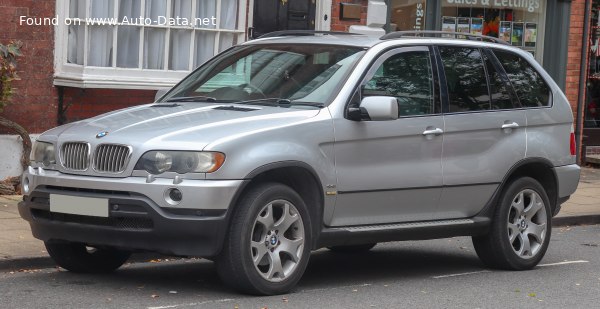
Overview:
What is the engine capacity of a BMW X5 2000?
The engine capacity of the BMW X5 2000 is 2979.
BMW X5 2000 How many horsepower?
The engine power of the BMW X5 2000 is 231 Hp @ 5900 rpm..
What is the BMW X5 2000 engine?
BMW X5 2000 engine is M54B30. (Click to see other cars using the same engine)
How much gasoline does a BMW X5 2000 consume?
The BMW X5 2000 consumes 12.7 liters of gasoline per 100 km
What is the recommended oil for a BMW X5 2000 engine?
The recommended oil for a BMW X5 2000 car engine is 5W-30.
What type of camshaft transmission system is used in a BMW X5 2000 engine?
chain is used to transmit motion.
General:
Engine:
Performance:
Space:
dimensions:
Powertrain, Suspension and Brakes:
See also
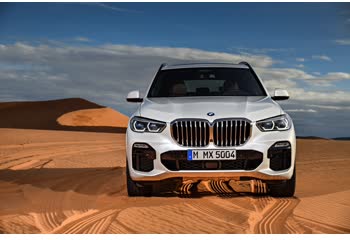
Last generation.
Its production began in 2018 until 2020
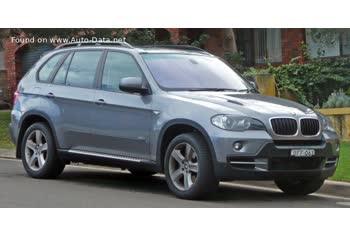
Other generation.
Its production began in 2009 until 2010
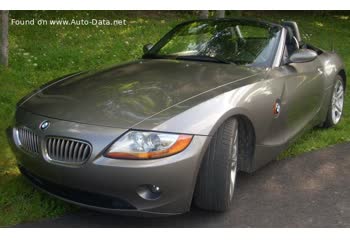
Same engine. (M54B30).
Its production began in 2002 until 2006
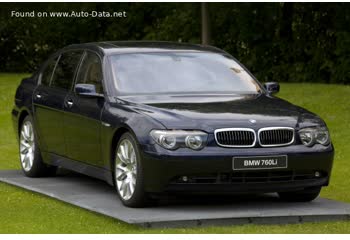
Same engine. (M54B30).
Its production began in 2004 until 2005
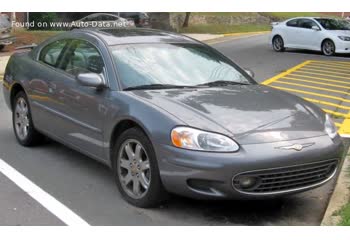
Same production year and almost the same engine capacity.
Its production began in 2000 until 2007

Same production year and almost the same engine capacity.
Its production began in 2000 until 2006

Write a comment